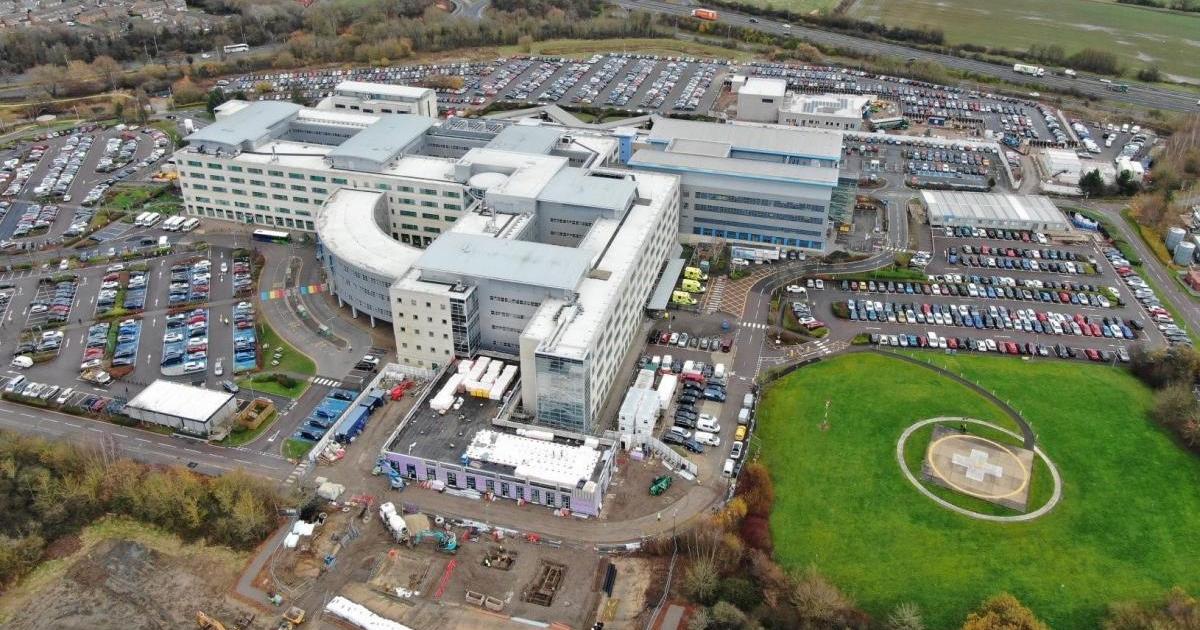The trust in charge of Great Western Hospital is hiring a new full-time role in an effort to counter delays in appointments for oncologists.
There is supposed to be a 10-week gap between diagnosis and treatment beginning, but this is starting to widen due to a lack of available specialists.
In June, the Royal College of Radiologists warned that cancer patients are facing dangerous delays to life-saving scans and treatment.
It highlighted new reports which indicated that the demand for healthcare is growing faster than the workforce and, at the same time, cancer doctors are leaving the NHS at a younger age than before.
Nine in 10 cancer centre leaders reported delays to patients starting treatment, and seven in 10 were concerned about staff shortages putting patient safety at risk.
Locally, a 76-year-old Stratton man who did not wish to be named felt concerned after he was told that his radiotherapy would not start until next year.
The pensioner explained that he did not notice any pain or infection to indicate that he had cancer, though he would get out of bed three times during the night to use the toilet.
Then, in March, a nurse at his GP surgery suggested he have a PSA test, which then recorded a very high reading and led to a diagnosis in June.
He expected radiotherapy to start in August and was worried when told that this would not happen until January 2026 at the earliest, and assumed the tablets he must take in the meantime were just a “stopgap”.
The hospital later clarified that the hormone tablets are the first part of his treatment.
The GWH spokesperson added: “There are, unfortunately, slightly longer waiting times for outpatient cancer appointments than we would like, due to a rise in diagnoses and a national shortage of clinical oncologists.
“To ensure patients can be seen more quickly, funding has been approved for an additional full-time clinical oncologist post at Great Western Hospital, with the post expected to be filled in the coming months.
“This new role will be vital in helping to address the waiting times and ensure timely, high-quality care for patients with urological cancers.”

